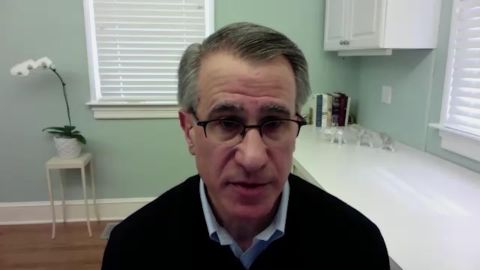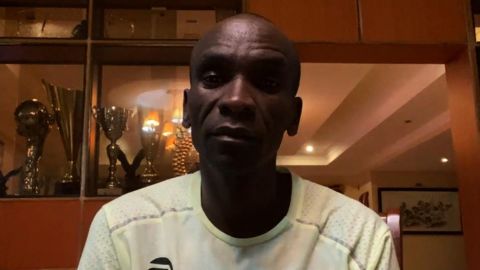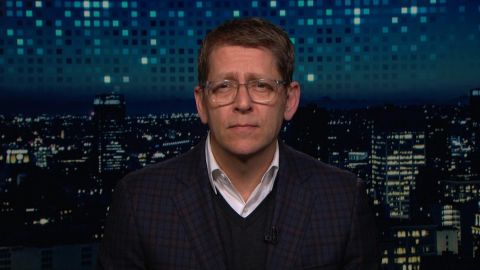Read Transcript EXPAND
CHRISTIANE AMANPOUR: So, you are a full-blown medical expert and have tackled, you know, a pandemic before. I want to know what you make of now the dire warnings coming out of the World Health Organization following some very, very dire warnings from the New York State governor that the United States could be the next epicenter? What does that mean to you? What does that look like?
DR. BORIS LUSHNIAK, FORMER U.S. DEPUTY SURGEON GENERAL: Well, it’s actually a matter of high concern, obviously, here in the United States and specifically, at the University of Maryland, where I’m now the dean of the School of Public Health. When I look at this, we certainly see what’s been happening across the world. You know, first, it was December/January in China and we are all bracing to kind of see where this was going to spread. Obviously, it spread to other parts of Asia, then ended up in Italy, then started spreading to other parts of Europe. And now, it’s entering North America, and the United States in particular. It is a full-blown pandemic, and this is what we were dreading on the one hand but also somewhat expecting when we knew about this disease coming on.
AMANPOUR: Now, we hear from New York that they expect the peak to be in about 14 days and the governor is asking for federal stockpiles of ventilators at the very least be released to his most hardest hit state, apparently, 10 times more cases there than anywhere else in the United States. The U.S. and the U.K., where I am, are considered to have been late in responding and following the example of other countries that started to get hit before. Do you agree they were late and what are the consequences?
LUSHNIAK: Well, I think we were late on several aspects. One of which is specifically here in the United States, the issue of the testing. The diagnostics really was late. So, right now, we’re already behind the curve. So, even the incredible numbers and tragic numbers we’re seeing at the New York State really are not a reflection of current times, but in essence, anywhere five to 10 days ago, right, in terms of people getting the coronavirus disease. So, right now, we are bracing for even worse numbers coming on this week as testing and the diagnostics are more readily available. We’re going to be testing more individuals, which means the numbers are going to shoot up.
About This Episode EXPAND
Dr. Boris Lushniak gives the latest news on the coronavirus pandemic. Jay Carney, senior vice president of global corporate affairs at Amazon, explains how the company is approaching the crisis. Dick Pound and Eliud Kipchoge react to the postponement of the 2020 Olympics. Tufts University President Anthony Monaco explains how the school has transformed parts of its campus into a hospital.
LEARN MORE



